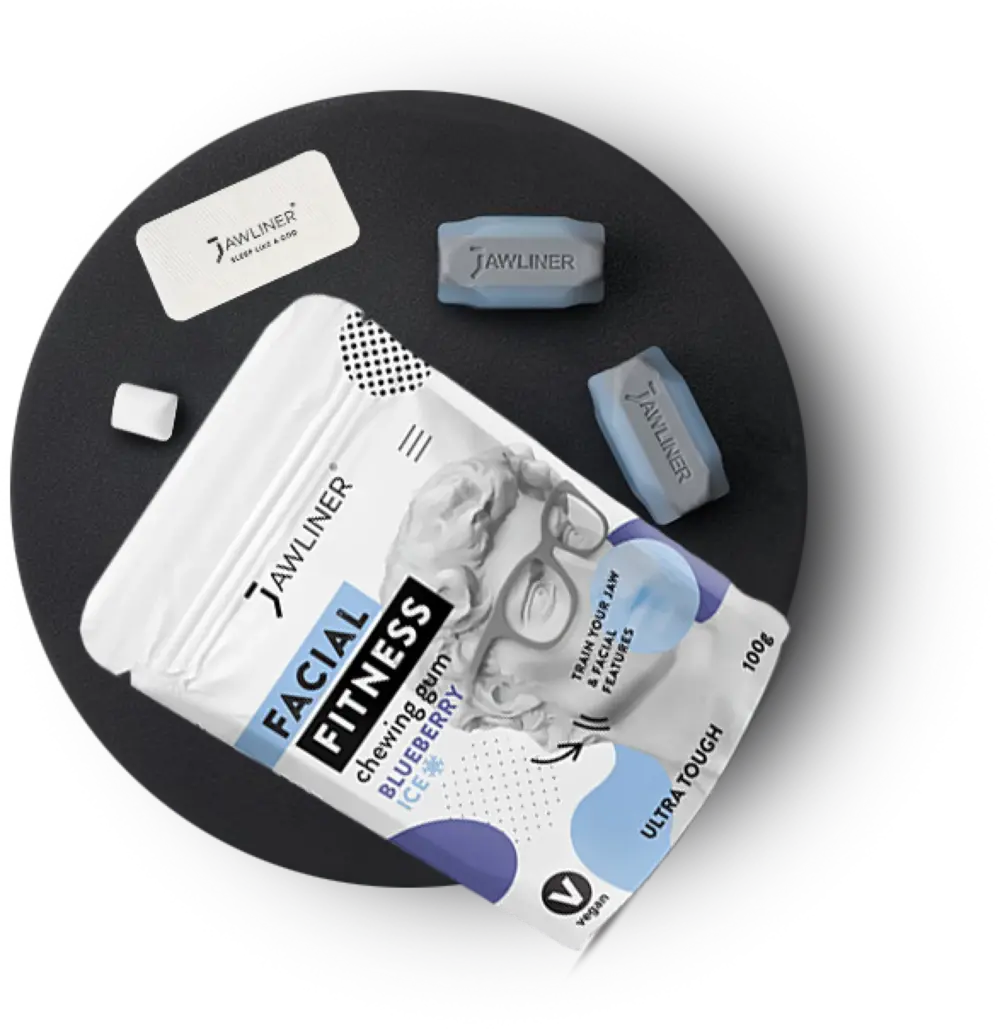Reducing stress means more than just finding peace. It means understanding your body's warning signals and actively counteracting them. Here you can learn how to recognize symptoms of stress, stay calm, and incorporate small self-care routines into your everyday life.
What is stress? – Definition and meaning
The question “What is stress?” cannot be answered in a single sentence. The term refers to a complex phenomenon that is described in the stress model as an adaptation mechanism to external stimuli. Stress is therefore a reaction of the body that can even have short-term benefits. Positive stress increases your alertness and gives you energy – for example, an adrenaline rush before a competition. However, when this short-term activation turns into a state of constant stress, it no longer has a supportive effect, but instead puts strain on the body and mind.
Interpreting stress symptoms and body signals correctly
The body sends clear warning signals when under stress. These stress symptoms are caused by the release of stress hormones, which put the body into a kind of alarm state. Such stress reactions are useful in the short term, but if they occur permanently, they drain your energy and can have serious consequences.
Typical symptoms are:
- Tense muscles: Permanent tension in the neck, back, or jaw, often associated with teeth grinding.
- Headaches and body pain: Often triggered by tense muscles and lack of relief.
- Heart palpitations and high blood pressure: Your circulation is running at full speed, as if you were constantly in competition mode.
- Gastrointestinal complaints: From mild cramps to serious gastrointestinal disorders—the digestive tract is sensitive to stress.
- Cardiovascular disease: Constant overload can cause long-term damage to the heart and blood vessels.
- Exhaustion and low energy: Even small tasks seem stressful, and your performance noticeably declines.
You should take these warning signs of stress seriously. They indicate that your body needs a break—before short-term stress symptoms turn into permanent illnesses.
Common stress factors in everyday life
In modern everyday life, you encounter countless stress factors. Some stressors can be avoided, while others are simply part of life. The key is how you deal with these stress triggers – because they affect many people on a daily basis.
Typical situations include:
- Work: High expectations, constant availability, or a lack of breaks can quickly lead to stress.
- Conflicts: Arguments within the team or tensions in your private life rob you of energy and prevent you from relaxing.
- Time pressure: Deadlines or exams make you feel like you are constantly under pressure.
- Lack of time: Too little free time for hobbies, sports, or friends reinforces the feeling of being caught in a hamster wheel.
- Personal situations: Caring for relatives, financial worries, or family obligations further increase stress levels.
These stressors often interact and reinforce each other. As a result, individual challenges quickly turn into a permanent burden.
Consequences of chronic stress for health and mental well-being
Chronic stress is more than just an unpleasant feeling. When the body remains in a permanent state of alert, it creates constant stress that weakens it in the long term. Constant stress affects not only physical health, but also mental well-being.
Possible consequences include:
- Cardiovascular diseases: high blood pressure, cardiac arrhythmia, or even heart attacks.
- Digestive tract diseases: stomach and intestinal problems that are exacerbated by constant tension.
- Weakened immune system: a weakened immune system makes you more susceptible to infections.
- Mental stress: Sleep disorders, depressive moods, and negative thoughts that are difficult to let go of.
- Overload in many ways: From constant fatigue to burnout when there is a permanent lack of rest.
In the long term, it is clear that those who ignore chronic stress risk serious illnesses and a reduced quality of life. That is why it is important to take countermeasures in good time.
Reducing stress – tips for more relaxation
Effective stress management does not mean avoiding stress completely. It is about developing healthy strategies that help you in your everyday life. With the right methods, you can achieve sustainable stress management and find your way back to relaxation more quickly.
Here are a few simple anti-stress tips for every day:
- Control your breathing: Just a few minutes of deep abdominal breathing can lower your pulse and calm your nervous system.
- Incorporate exercise: Walks, workouts, or short stretching exercises reduce tension and release happiness hormones.
- Pay attention to your diet: Fresh foods provide energy, while sugar and caffeine can increase inner restlessness.
- Prioritize sleep: Fixed evening routines help you switch off more quickly and promote regeneration.
- Practice mindfulness: Short breaks, meditation, or journaling help you gain perspective and think clearly.
These tips are easy to implement and fit into even the busiest schedule. The important thing is to take small steps regularly instead of trying to change everything at once.
Relieving stress via the jaw – a new approach to self-care
The jaw is considered a real stress barometer. Many people feel constant tension in this area in their everyday lives: tense muscles, nighttime teeth grinding, or a feeling of pressure in the face. This is the body's way of showing that it needs relief.
A simple example: after a long day full of appointments, you catch yourself clenching your jaw. This is exactly where you can actively counteract.
With Jawliner® Gum, you have the opportunity to chew consciously and combine several effects at once:
- The monotonous tension is relieved by steady movement.
- Your focus shifts – your thoughts briefly detach from the stress.
- At the same time, you strengthen your jaw muscles and do something for your charisma.
This little ritual creates instant relaxation and becomes a self-care routine that is easy to incorporate into your everyday life. This allows you to specifically reduce stress and take care of your well-being.

Conclusion – train serenity like a muscle
Stress cannot be completely avoided, but you can learn to deal with it better. Effective stress management works like training: the more regularly you incorporate small routines, the easier it is to find your way back to relaxation.
Just as you don't build up your fitness in a single session, serenity is also a process. By consciously planning breaks into your everyday life, taking care of your health, and allowing yourself moments of calm, you strengthen your inner resilience step by step.
In the end, this training pays off twice: you gain new energy and radiate calm – for yourself and those around you.
FAQ
Why do many people clench their jaws when they are stressed?
The jaw is one of the first areas to react to internal tension. Permanent muscle tension manifests itself in teeth grinding or feelings of pressure in the face.
How can you quickly reduce stress?
Short breathing exercises, exercise in the fresh air, or conscious chewing (e.g., with Jawliner® Gum) help to release acute tension. Just a few minutes are enough to calm your circulation and clear your head.
Which sports are best for combating stress?
Endurance sports such as jogging or cycling reduce excess stress hormones. Yoga and strength training can also help to bring the body and mind into balance.
How can I tell that stress is making me ill?
If you regularly experience symptoms such as headaches, sleep problems, or gastrointestinal disorders, you should take note. At this point at the latest, targeted stress management is important to prevent illness.






